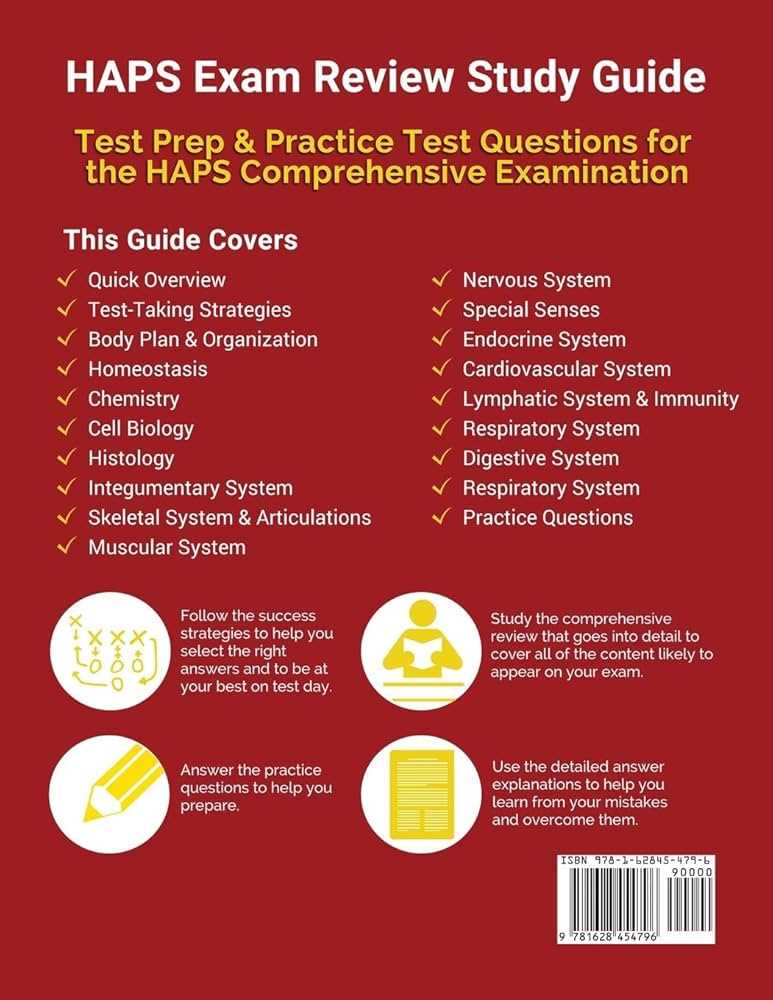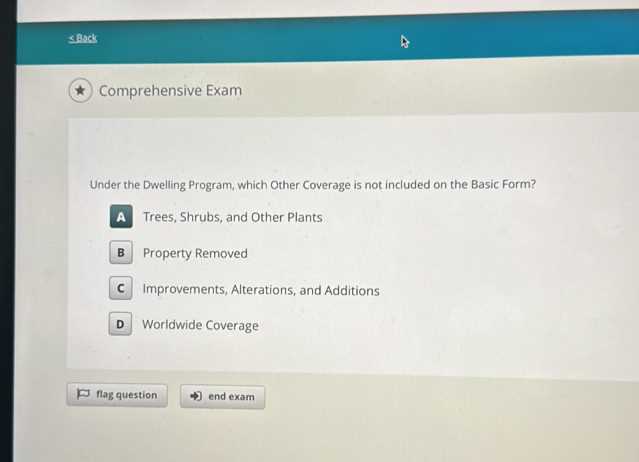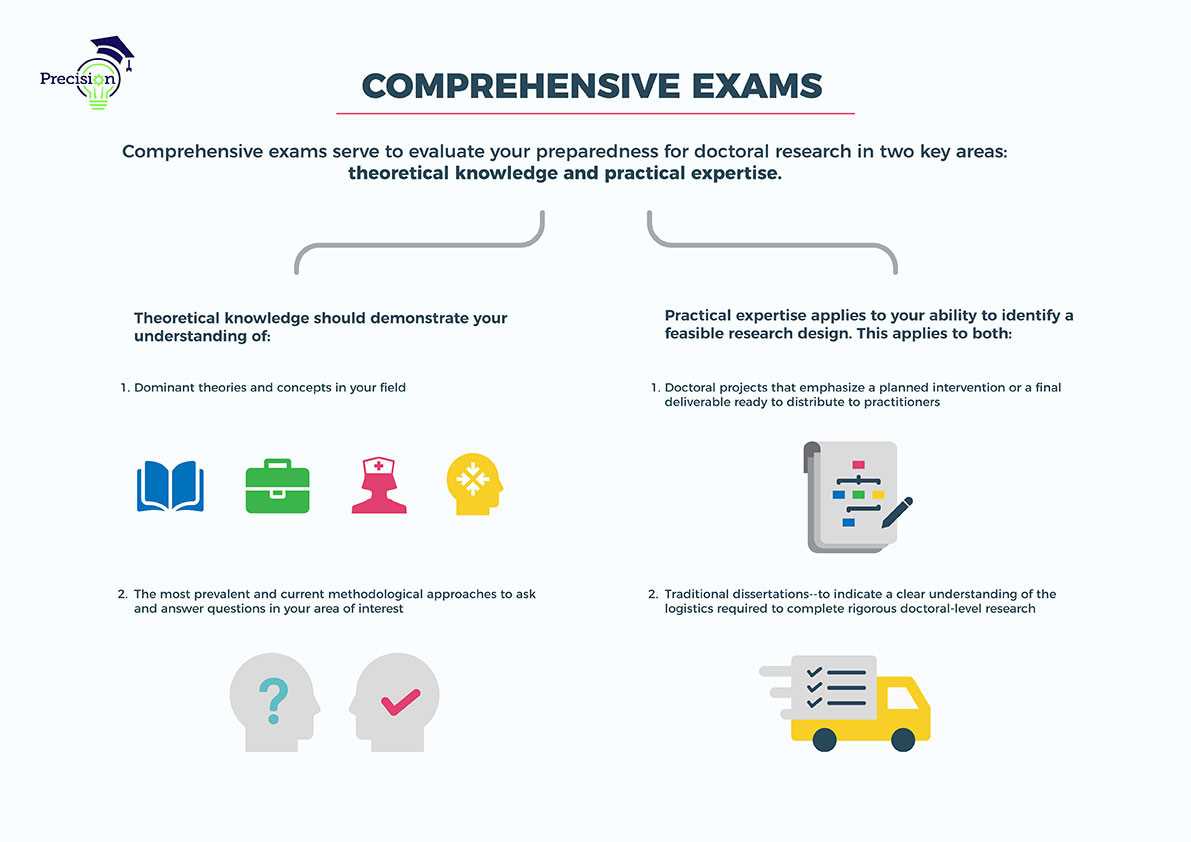
Successfully tackling an academic challenge requires more than just knowledge; it involves strategic thinking, careful planning, and clear expression. Whether it’s a final review or a major project, being prepared to face such tasks with confidence is key to achieving the desired results. The approach to these challenges is essential for demonstrating understanding and analysis.
Preparation plays a crucial role in performing well under pressure. It’s not only about reviewing materials but also about developing techniques that allow you to express your insights clearly and logically. Creating a framework for your responses ensures that you cover all aspects in an organized and effective manner.
Furthermore, managing your time and staying calm throughout the process can make a significant difference in the quality of your work. Building skills such as critical thinking and structured writing will help you approach each topic with clarity and depth. This article will guide you through proven methods to approach these demanding tasks with confidence.
How to Tackle Complex Academic Tasks
Approaching a challenging academic assignment requires a thoughtful strategy that not only highlights your knowledge but also demonstrates your ability to organize and articulate your ideas effectively. Success lies in presenting clear, well-structured responses that address the task comprehensively while staying focused on the key points.
Break Down the Task
Start by carefully reviewing the prompt. Identify the central elements and key expectations. Understanding what is being asked ensures that your response will be relevant and on target. Once you have a clear grasp of the assignment, break it down into manageable parts, so you can tackle each aspect methodically.
- Identify the main components or subtopics involved.
- Clarify what type of response is required–whether it’s a written explanation, an analysis, or a discussion.
- Highlight any specific instructions regarding structure or format.
Develop a Clear Framework
Before diving into writing, organize your thoughts into a logical structure. Create an outline or bullet points that map out your main arguments, supporting details, and conclusions. This will not only help keep your ideas on track but also ensure that you don’t overlook any crucial points.
- Start with an introduction that briefly outlines the main idea.
- Follow with body paragraphs that each address a specific point or argument.
- Conclude by summarizing the main findings or offering a solution.
By breaking the task into smaller, focused sections and creating a logical flow, you ensure that your response is clear, coherent, and engaging. This methodical approach helps you stay organized and prevents you from veering off-topic.
Understand the Assessment Structure
Familiarizing yourself with the structure of any major academic task is essential for success. Knowing the format and the expectations beforehand allows you to tailor your preparation and approach more effectively. Whether the task involves long-form essays, short answers, or a mixture of different question types, understanding its framework helps you plan your time and focus on the critical elements.
Breaking down the task begins with identifying the types of sections or components it will involve. For instance, will you need to provide an analysis, a comparison, or simply demonstrate recall of facts? Recognizing these distinctions early allows you to allocate your time and resources to each part appropriately.
Additionally, time management plays a crucial role. If the assessment is divided into multiple sections with varying time allocations, knowing this in advance helps you avoid spending too much time on one part at the expense of others. Prioritize based on difficulty or length to maximize efficiency.
Lastly, understanding the assessment’s requirements also includes being aware of the depth and scope expected in your responses. Some tasks may require a broader overview, while others may demand specific details and in-depth analysis. With this knowledge, you can fine-tune your answers to match the level of detail required.
Prepare with Key Study Materials
Effective preparation relies on selecting and using the right resources. By focusing on the materials that directly relate to the subject matter, you can ensure that you are covering the most relevant topics. The goal is to gather comprehensive, accurate, and reliable sources that will help you build a strong foundation of knowledge.
Start by identifying the core textbooks, lecture notes, or any provided study guides. These materials typically contain the most important concepts and frameworks you will need. In addition to these, consider using supplementary resources such as articles, videos, or online forums to broaden your understanding.
- Textbooks and lecture notes: The primary source of information for most topics.
- Online resources: Websites, articles, and videos that provide additional explanations and examples.
- Practice tests and quizzes: Tools to simulate real-time conditions and test your knowledge.
Once you have gathered your materials, create a study plan that focuses on key areas where you may need more practice or understanding. Prioritize the most challenging topics and spend extra time reinforcing your knowledge on those subjects.
- Review essential concepts and definitions first.
- Practice applying the material through exercises and mock assessments.
- Group study sessions can be helpful for discussing difficult topics and clarifying doubts.
By strategically preparing with relevant materials, you can approach the task with confidence and a well-rounded understanding of the topic at hand.
Manage Your Time During the Test
Efficient time management is critical to performing well in any high-pressure task. Allocating your time wisely ensures that you can fully address each section and avoid rushing through the later parts. The key is to balance the time spent on each question or task based on its difficulty and importance.
Start by quickly reviewing the entire task before diving into the answers. Identify sections that may require more time and those that you can complete more quickly. This initial scan will give you a sense of how to prioritize your efforts during the test.
| Task Type | Suggested Time Allocation |
|---|---|
| Short Answer | 10-15 minutes |
| Essay or Long Response | 30-40 minutes |
| Multiple Choice | 5-10 minutes |
| Review and Final Edits | 10-15 minutes |
During the task, keep an eye on the clock and adjust your pace as needed. If you find yourself spending too much time on one section, move on to the next and come back later if time allows. Lastly, always leave a few minutes at the end for reviewing your work and ensuring that all parts have been addressed.
Focus on the Main Ideas

When approaching a complex academic task, it’s crucial to identify and focus on the core concepts that drive the overall argument or response. Rather than getting bogged down in minor details, direct your attention to the key points that support your thesis or central theme. This approach ensures that your response is coherent, concise, and impactful.
Start by pinpointing the most important ideas within the task. These may be themes, theories, or concepts that are central to the subject at hand. Once you have a clear understanding of these main ideas, structure your response around them, using examples and evidence to reinforce your points.
By prioritizing the primary concepts and staying focused on them, you ensure that your work is both relevant and structured. This method helps you avoid unnecessary tangents and keeps your argument clear and powerful.
Use Clear and Concise Language
Effective communication requires clarity and precision. When responding to an academic challenge, it’s important to express your ideas in a straightforward manner, avoiding unnecessary complexity or overly elaborate phrasing. Clear and concise language not only improves the readability of your work but also ensures that your points are understood easily by the reader.
To achieve clarity, focus on presenting your thoughts directly, using simple yet precise vocabulary. Avoid long-winded explanations or excessive details that may distract from your core message. Every sentence should serve a purpose and contribute to advancing your argument or analysis.
| Tip | Example |
|---|---|
| Avoiding redundancy | Instead of “due to the fact that,” use “because.” |
| Using active voice | Rather than “The test was passed by the student,” write “The student passed the test.” |
| Being specific | Instead of “many factors,” say “three main factors.” |
By eliminating unnecessary words and focusing on simplicity, you create responses that are easier to follow and more likely to convey your ideas effectively. This approach not only saves time but also strengthens the impact of your work.
Practice Writing Under Time Pressure

One of the most important skills to develop for any timed academic challenge is the ability to write effectively under pressure. The time constraints can create stress, but with enough practice, you can learn to manage the situation and produce well-organized, coherent responses within the given time limit. Practicing under time pressure simulates real conditions and helps you refine your ability to think and write quickly without sacrificing quality.
To prepare for time-constrained tasks, it’s essential to set up mock scenarios where you write responses within a specific time frame. This will help you get used to organizing your thoughts and structuring your work efficiently, allowing you to stay focused and complete the task on time.
| Tip | Example |
|---|---|
| Start with a timer | Set a timer for the duration you expect and try to complete the task within that period. |
| Limit your revisions | Avoid spending too much time on editing. Focus on writing your best response first. |
| Use practice prompts | Practice with sample prompts to simulate the actual conditions you’ll face. |
Regular practice in this way not only boosts your writing speed but also enhances your ability to stay calm and composed during time-limited tasks. The more you practice, the more confident and efficient you will become in managing both your time and your content.
Review Past Exam Questions
One of the most effective ways to prepare for any major academic task is to review previous assessments. By studying past examples, you gain valuable insight into the types of topics and formats that are typically covered. This practice helps you anticipate what may appear on your own test and identify patterns in the way the material is presented.
Focus on understanding the structure of previous prompts, the level of detail required in the responses, and the key concepts that are commonly asked about. Analyzing past material allows you to identify areas where you need more preparation and strengthens your familiarity with the content.
In addition to identifying recurring themes, reviewing past assessments also helps you gauge the time needed to answer certain types of tasks. This allows you to adjust your own preparation strategy and develop a more efficient approach for completing your responses within the time constraints.
Organize Your Thoughts Before Writing
Before diving into writing, it’s crucial to take a moment to structure your ideas. A clear plan allows you to present your thoughts logically and coherently, ensuring that each point is well-developed and flows naturally. By organizing your ideas in advance, you create a roadmap that guides your response and helps you stay focused throughout the task.
Start by identifying the main points you want to address and the order in which they should appear. A simple outline or mind map can be incredibly useful in visualizing how each point connects to the next. This preparation minimizes the risk of going off-topic or missing important elements.
Taking the time to organize also helps you manage your time better, as you’ll have a clear sense of how long to spend on each part of the response. A well-structured plan can streamline your writing process and prevent unnecessary delays.
Provide Evidence for Your Answers
Supporting your statements with concrete evidence is essential for strengthening your arguments and demonstrating your understanding. Rather than just stating facts or opinions, it’s important to back them up with examples, data, or theories that reinforce your claims. This approach not only validates your response but also shows that you can apply your knowledge effectively.
When including evidence, be sure to choose relevant and credible sources. Referencing key studies, historical events, or academic theories will make your response more persuasive and demonstrate a deeper grasp of the subject matter.
Types of Evidence to Include
- Facts or statistics that support your claims
- Relevant theories or frameworks that explain key concepts
- Case studies or real-world examples that illustrate your points
- Quotations from experts or authoritative sources
How to Integrate Evidence Effectively
- Ensure that the evidence directly relates to the point you’re making.
- Explain how the evidence supports your argument or insight.
- Don’t rely on a single source; diversify the types of evidence you provide.
Incorporating well-chosen evidence not only strengthens your response but also demonstrates critical thinking and a deeper understanding of the material. It shows that you can connect theoretical knowledge with practical examples, enhancing the overall quality of your work.
Stay Calm and Confident During the Exam
Maintaining a sense of composure and self-assurance throughout the assessment is key to performing at your best. Anxiety and stress can hinder your ability to think clearly and focus on the task at hand. By staying calm, you allow yourself to approach each challenge with a clear mind, enabling you to make thoughtful and strategic decisions.
Confidence in your abilities is essential for overcoming any moments of doubt or uncertainty that may arise. Remember, preparation is the foundation of success. Trust in the effort you’ve put into studying, and know that you are capable of handling the material in front of you.
Techniques to Stay Calm
- Practice deep breathing exercises to reduce stress.
- Take short breaks to relax and clear your mind if needed.
- Focus on one task at a time rather than worrying about the entire challenge.
Building Confidence
- Reflect on your past successes to remind yourself of your abilities.
- Visualize yourself calmly completing the tasks ahead.
- Use positive affirmations to boost your mindset and reduce anxiety.
By incorporating these techniques, you can maintain focus, manage stress, and approach the challenge with confidence. A calm mindset enhances your ability to think critically and deliver strong, well-considered responses.
Master the Art of Essay Writing
Writing a well-organized and compelling essay requires a blend of clarity, structure, and creativity. To craft an effective response, it’s essential to develop a strong thesis and support it with well-organized arguments. The key lies in presenting your ideas in a logical sequence, providing evidence for each claim, and connecting each section seamlessly to the next.
Effective essay writing involves more than just expressing your thoughts; it’s about structuring your ideas in a way that leads the reader through your argument. Understanding the essentials of composition, such as crafting clear introductions, strong thesis statements, and well-supported conclusions, is crucial to mastering this skill.
Key Components of a Strong Essay
- Introduction: Clearly introduce the topic and present your main argument or thesis.
- Body Paragraphs: Each paragraph should focus on a single point and provide evidence to support it.
- Conclusion: Summarize your key points and restate the main argument in a compelling way.
Tips for Effective Writing
- Start with a clear and concise thesis that guides the entire essay.
- Use transitions between paragraphs to maintain a smooth flow.
- Be specific with examples and avoid generalizations to strengthen your argument.
Mastering essay writing is a skill that improves with practice. By focusing on structure, clarity, and well-supported arguments, you can improve your ability to respond effectively and persuasively to any writing task.
Answer All Parts of the Question
When faced with a complex prompt, it’s crucial to address every aspect it presents. Often, a question contains multiple components that require distinct responses. Focusing on each part individually ensures that your response is comprehensive and fully aligned with what’s being asked. Missing even a small portion of the prompt can lead to an incomplete answer, diminishing the overall quality of your response.
To provide a thorough response, take time to break down the task into manageable sections. This approach ensures that you cover each element with sufficient detail, demonstrating your understanding of the material and your ability to organize thoughts effectively.
Steps to Address Every Component
- Carefully read the prompt to identify all parts that require attention.
- Underline or highlight key phrases to stay focused on the question’s requirements.
- Ensure that each section of your response aligns directly with the respective part of the task.
Common Mistakes to Avoid
- Overlooking smaller components, such as a specific detail or sub-question.
- Providing general answers that don’t specifically address the requested points.
- Failing to connect your response back to the key aspects of the prompt.
By methodically addressing each part of the task, you’ll provide a well-rounded response that thoroughly covers all points, improving your chances of scoring highly. Make sure your answer is structured to reflect the complexity of the question, leaving no part unanswered.
Avoid Overloading with Unnecessary Details
While it’s important to provide thorough responses, including every possible detail is not always helpful. Focusing on the most relevant information is key to crafting a clear and concise response. Including excessive or unrelated facts can distract from your main points and make your answer less effective.
To strike the right balance, it’s essential to stay focused on the core ideas and arguments required by the prompt. Including only the details that directly support your thesis or argument allows you to maintain clarity and coherence, without overwhelming the reader with irrelevant information.
How to Stay Focused
- Identify the key points the task is asking you to address.
- Provide examples or evidence that directly reinforce your argument or answer.
- Avoid introducing tangential topics that don’t add value to your main response.
Consequences of Overloading
- Excessive detail can confuse the reader and obscure your main argument.
- Long-winded explanations may cause you to miss critical elements of the prompt.
- A cluttered response can lead to lower clarity, reducing the overall impact of your answer.
By keeping your response focused and omitting unnecessary details, you can communicate your ideas more effectively and ensure that your answer remains strong and clear. Prioritize the essential information and avoid over-explaining, so your response stays sharp and to the point.
Seek Feedback on Practice Essays
One of the most effective ways to improve your writing skills is to seek constructive feedback on your practice responses. By sharing your work with others, you gain insights into areas where you might be lacking or where you could improve clarity and depth. Feedback helps identify weaknesses you may not notice yourself and provides guidance on how to refine your approach.
When seeking feedback, aim to collaborate with peers, instructors, or tutors who are familiar with the subject matter. They can offer valuable perspectives on the strength of your arguments, the organization of your thoughts, and the overall quality of your writing.
Benefits of Feedback
- Provides an external perspective that highlights areas for improvement.
- Helps refine your argument structure and clarity of expression.
- Boosts your confidence by offering validation for what you’ve done well.
How to Effectively Use Feedback
- Listen to suggestions without taking criticism personally.
- Focus on recurring points of feedback to address your most significant weaknesses.
- Use feedback as a guide to improve both content and presentation in future drafts.
Regularly engaging with feedback is an essential part of the writing process. It not only helps you see your work from a different perspective but also provides specific advice to help you improve with each attempt. Be open to revisions, and use the feedback you receive to fine-tune your responses for greater success.
Improve Your Critical Thinking Skills
Developing strong analytical and reasoning abilities is crucial for effectively tackling complex tasks. Critical thinking helps you break down information, evaluate evidence, and construct well-supported arguments. These skills are essential not only for responding to challenging assignments but also for making informed decisions and solving problems efficiently.
To enhance your critical thinking, it is important to practice questioning assumptions, recognizing biases, and considering alternative perspectives. This allows you to approach topics with an open mind and a deeper understanding of the subject matter.
Strategies for Strengthening Critical Thinking

- Engage with diverse viewpoints to broaden your perspective.
- Ask probing questions that explore the underlying reasons for certain ideas or actions.
- Practice summarizing and paraphrasing material to ensure a clear grasp of the content.
Practical Exercises to Boost Your Skills
- Analyze news articles or academic papers to identify their assumptions and arguments.
- Participate in debates or discussions that require you to defend or challenge various points of view.
- Reflect on your reasoning process after making decisions to identify any logical fallacies or areas for improvement.
By actively honing these techniques, you can sharpen your ability to think critically, which will help you approach even the most complex topics with clarity and confidence. Critical thinking is an ongoing process that will continually enhance your academic and professional performance.
Review Your Answers Before Submission
Before submitting any work, it’s essential to take a moment and carefully examine everything you’ve written. Reviewing allows you to catch any mistakes, clarify ideas, and ensure that you have thoroughly addressed all aspects of the task. It’s a critical step in the process that can significantly improve the quality of your responses.
During this review process, focus on both the overall structure and the finer details. Ensure that your thoughts are clearly communicated, and that your reasoning is consistent and supported with relevant evidence. This practice can help you identify any gaps or inconsistencies that might otherwise go unnoticed.
Key Areas to Focus on During Review
- Clarity of Expression: Check if your points are easy to understand and effectively communicated.
- Consistency: Ensure your arguments are logical and consistent throughout your response.
- Accuracy: Verify the factual accuracy of any data, quotes, or references used.
- Relevance: Confirm that all information presented directly addresses the prompt without unnecessary digressions.
Common Mistakes to Look For
- Spelling, grammar, or punctuation errors that can affect readability.
- Overcomplicating sentences or adding unnecessary details that detract from the main points.
- Failure to fully answer each part of the prompt or missing a key element.
By reviewing your work with a critical eye, you can ensure that your response is polished, complete, and well-structured, increasing your chances of success. Taking the time to make these final adjustments will leave you confident in your submission.